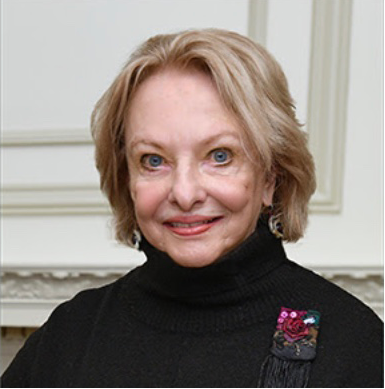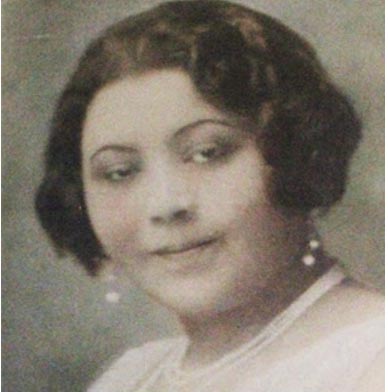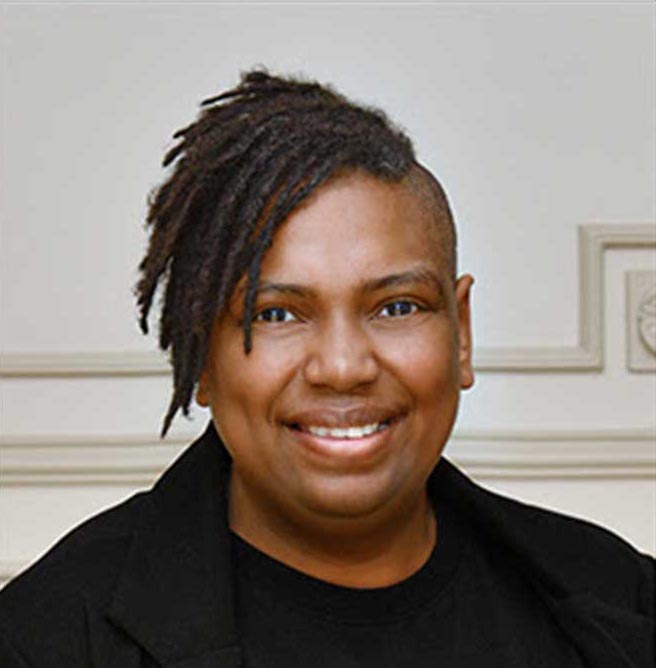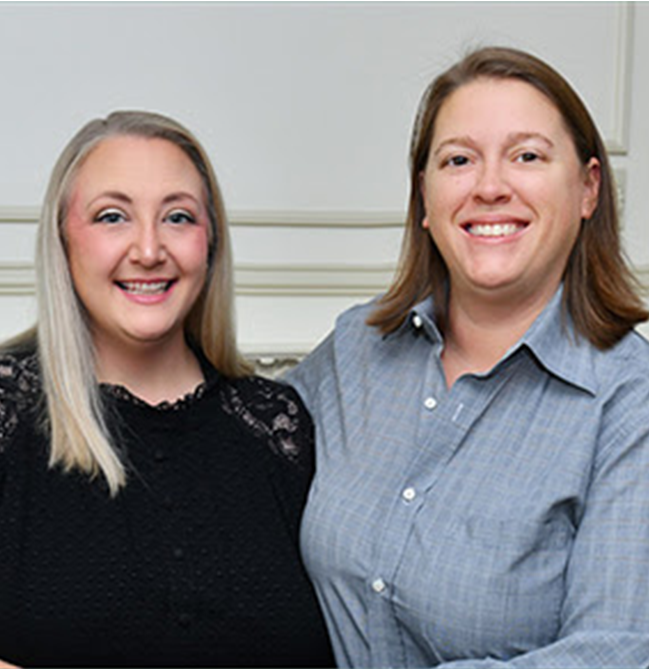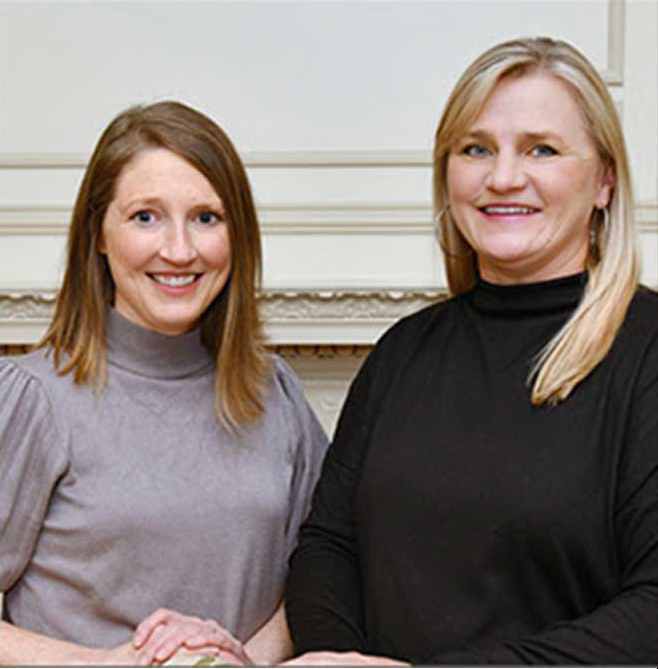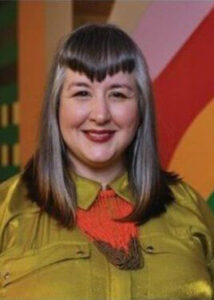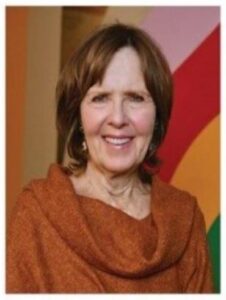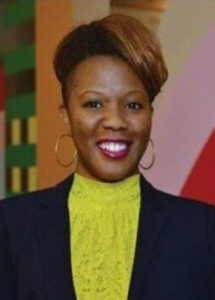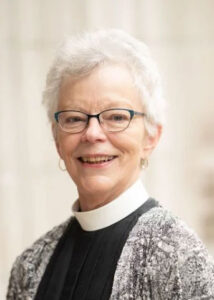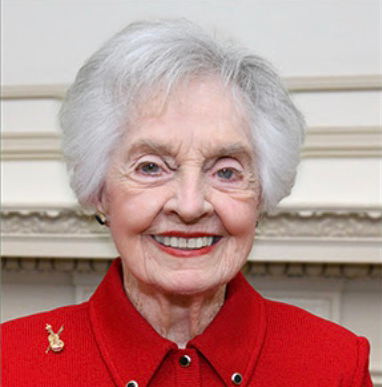
WOMEN OF ACHIEVEMENT
2024
STEADFASTNESS
for a woman with a lifetime of achievement:
Joy Brown Wiener
A hint at what was to come for Joy Brown Wiener was published in the Jackson, Tennessee Sun, on May 7th, 1942. A story about an event at the MacDowell Music Club noted that “Ethel Joy Brown, talented twelve-year old daughter of Mrs. Bates Brown, Memphis pianist and organist…will give a program of violin, cello and piano… Young Miss Brown is giving concerts preparing for her New York debut.”
Joy’s mother, Ethel had seen this coming, discovering that, at age four, her daughter had perfect pitch. At seven Joy won a state competition, at nine a national competition. At ten she debuted professionally at Memphis’ Goodwyn Institute. By age fifteen Joy was the youngest member in the then sixty-six year history of the St. Louis Symphony. To continue her schooling, St. Mary’s Episcopal School arranged for Joy to take classes through Washington University. That same year she also studied at Juilliard in New York. While in New York, Joy performed at Carnegie Hall and before a Central Park crowd with the New York City Symphony Orchestra.
At a time when her peers back home were learning to drive, Joy was touring Europe. She won a competition in Paris and performed on stages in London, Italy, Austria, Germany, and the Netherlands. She was invited to be part of the Italian Chamber Orchestra and was applauded by the Queen Mother of Belgium. The Romanian composer and conductor George Enescu heard Joy perform and pronounced her “one of the most talented violinists of the younger generation.”
But, as sometimes happens, home called. Back in Memphis Joy completed a degree at Southwestern (now Rhodes). In the spring of 1953, in the inaugural season of the Memphis Symphony, Joy was Concertmaster, a position she came to hold longer than any other woman in America.
Meanwhile, there was a man. Russell Wiener had recently returned from Korea where he had served as a Navy dentist. Music was Joy’s first love, so when Russell first proposed, Joy warned warned him: “You don’t know what it is to be married to a musician… I’ve done it all my life… if I couldn’t do it I wouldn’t be the person you wanted to marry.”
Marry they did, in 1956. They had two daughters Donna and Martha. They shared a love of music, the arts and each other until Russell’s passing in 2015. In 1992, the Governor of Tennessee acknowledged the Wieners as Patrons of the Arts.
She calls her gifts a “God thing,” but it was never just music with Joy Brown Wiener. She admired writer, musician, and missionary Albert Schweitzer, who believed that true Christianity should work towards a unity of faith and purpose. She still follows that path.
In her decades with the Symphony Joy discovered a love for teaching and began to tour schools around Memphis, bringing classical music to young people. At Lindenwood Christian Church, she volunteered to teach young people the singing of hymns, which led to many years of teaching Sunday School.
In her long life, Joy Brown Wiener has given selflessly. Among the groups to which she has devoted time and energy are City Beautiful, the Symphony League, the Girl Scouts, the Tennessee Arts Commission, the Brooks Museum.
But Joy never lost the thrill of performing. She toured widely and became known to millions through the television series The Joy of Music.
1992 Joy Brown Wiener stepped away from the Memphis Symphony, not to retire but to focus more energy on teaching and mentoring promising young students. Today, eight of her students perform with the Memphis Youth Symphony.
Joy says, “If you know how to do something your greatest pleasure is to pass it on to the next generation. When they get up and they can thrill an audience what more can you ask. That’s it!”
The importance of Joy Brown Wiener’s life was on display the day she turned ninety. Joy’s daughter and a niece contacted fifteen of her young students. They secretly rehearsed then surprised her with a birthday performance. Former students from Boston, Atlanta, Jacksonville and Colorado traveled to Memphis that day to celebrate the woman who taught them so much and meant so much.
Today please join us in celebrating the life, the steadfastness, the perfect pitch of Joy Brown Wiener.


